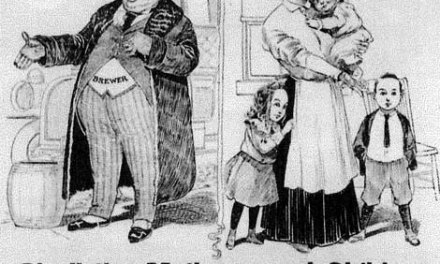…for persons convicted of drug trafficking in cases where fentanyl is involved.
The House of Representatives passed a bill, with broad bipartisan support, shortly after the last election. A report from the Politico website:
More Dems join with Republicans to pass fentanyl crackdown bill
From the article: “Supporters of the legislation have argued it would give law enforcement more power to crack down on drug traffickers, since it would result in harsher sentences for fentanyl traffickers.”
I suppose that makes sense to most voters, unless we take into account the growing body of research that suggests the opposite: that stiffer prison sentences for trafficking don’t do all that much to discourage other people from committing the same crimes.
Nonetheless, it’s easy to see why the notion of especially harsh punishment appeals to the political class. The average voter, who may not have given much thought to the issue, can decide that at least someone locked up in prison for a very long time won’t be out on the street, committing still more crimes.
Can’t argue with that. Except to point out that where the financial incentive that motivates drug crime in the first place remains strong, then others, in search of riches, are likely to show up to take the inmate’s place.
Thus rendering the measure largely ineffective. The actors may have changed, but the script remains the same.
And the public is distracted from serious consideration of other, newer solutions that might actually do more good.
It’s a lesson we learned from experience with repeat DWI offenders. Society can threaten with longer sentences, but if the chances of getting caught remain relatively low — estimates are in the range of an arrest for every 50 to 100 times an offender drives drunk — they’re likely to go ahead and risk it anyway.
Likewise, if the chances of being arrested for trafficking remain relatively low, then the prospect of an extra-punitive prison sentence loses much of its impact as a deterrent.
Perhaps society should focus on finding solutions that are demonstrably effective — they do exist — instead of once again boosting the severity of eventual punishment.
It’s at least worth investigating. And there is all that evidence to consider.













